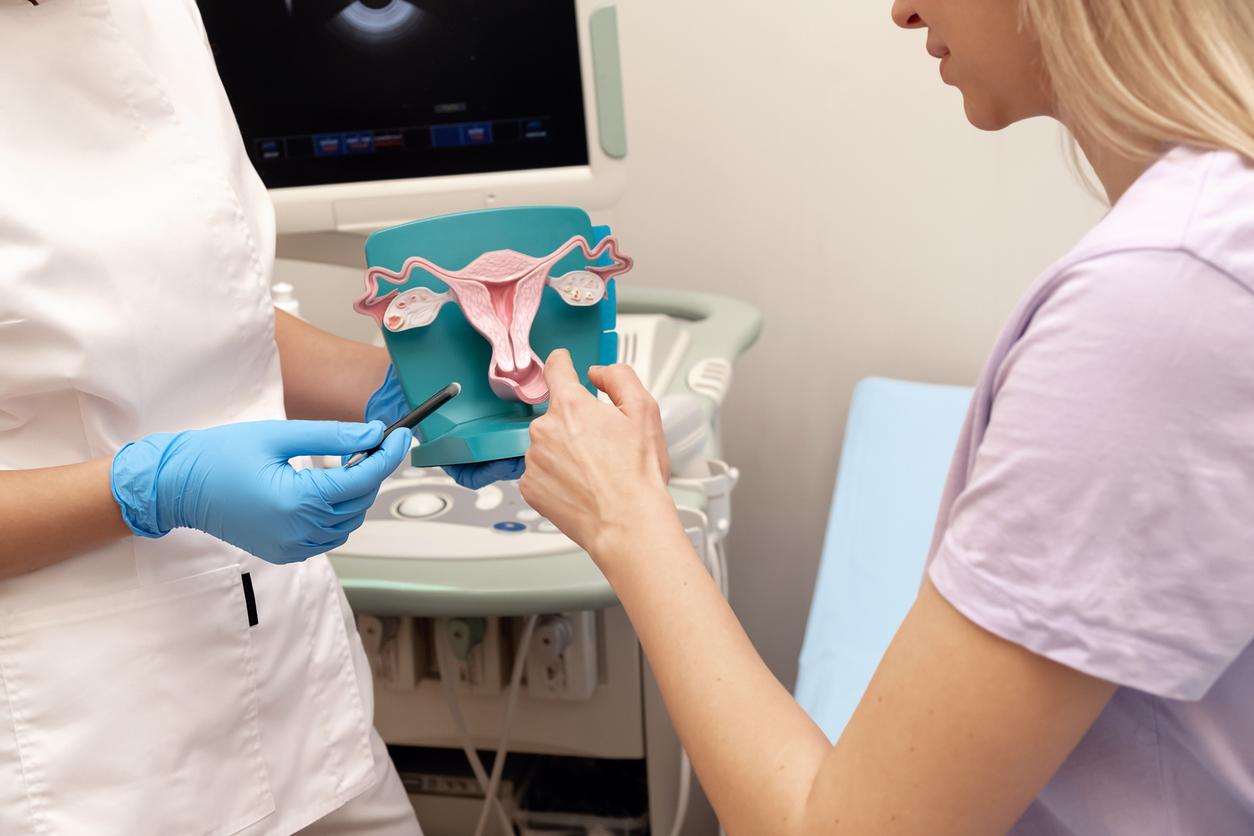Focus on pesticides, solvents and pollutants. “Exposure to toxic chemicals is permanent during pregnancy and lactation and threatens human reproduction.” The International Federation of Obstetricians and Gynecologists (Figo), which brings together gynecologists and obstetricians from 125 countries, is sounding the alarm bells in the face of the dangers posed by these toxic substances.
In a column published in the international journal International Journal of Gynecology and Obstetrics, Figo asks that policies be put in place to protect the population. La Figo pleads in particular for the reduction “of exposure to toxic products in food and consumer products”. Among the signatories of this call, there are professionals and learned societies, including the American Society of Reproductive Medicine, the British Royal College of Obstetricians and Gynecologists but also NGOs.
Endocrine disruptors are still a concern
In the viewfinder of practitioners, endocrine disruptorslike phthalates, bisphenol A (definitely banned in France), parabens. Omnipresent in our daily lives (packaging, cosmetics, pesticides, chemical coatings and cleaning products), they are regularly singled out for their danger to fertility, the health of the fetus and the child (prematurity, developmental delay, hyperactivity in children, etc.). They are also accused of promoting the risk of cancer, cognitive impairment and neurodevelopment.
>> To read also:Endocrine disruptors: young people not informed enough
Endocrine disruptors: premature babies are too exposed to phthalates


















